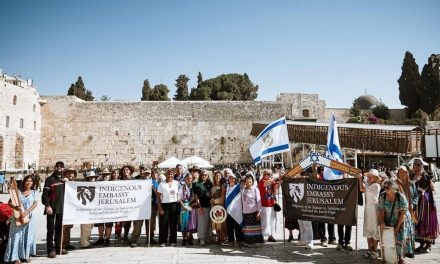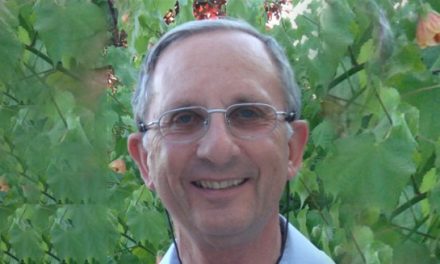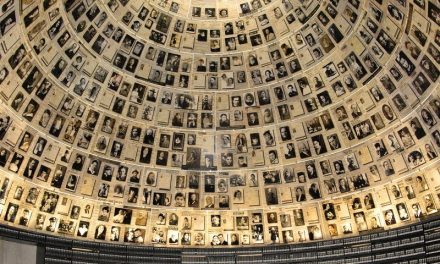By Ben Kepes on the Jewish Lives NZ website…
I’m fortunate to serve on the board of an iwi organisation. Having the opportunity to get to know more about Te Ao Māori, even at a slightly superficial level, is fascinating.
One concept that I’ve started to get to terms with is ahi kā, that literally translates to the burning of fires. Ahi kā speaks to the continuous occupation of whenua by iwi, runanga and hapu over a long period of time.
Ahi kā touches the physical and spiritual – the literal lighting of fires for cooking and comfort, and the metaphorical intergenerational sense of place that weaves into the consciousness, like smoke drifting over the damp grass on a still morning.
Ahi kā, to me, explains why Māori feel the pain of dislocation from their land so viscerally. To Māori, the whenua is more than somewhere to plant crops or lay one’s head, it is the embodiment of generations of forbears, generations of shared context, and a sense of place.
It has been interesting in recent weeks to hear people opine on the Middle Eastern conflict claiming intersectionality between Māoridom’s experience and that of the Palestinian people.
Read Ben Kepes’ opinion piece in full HERE.






